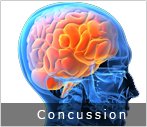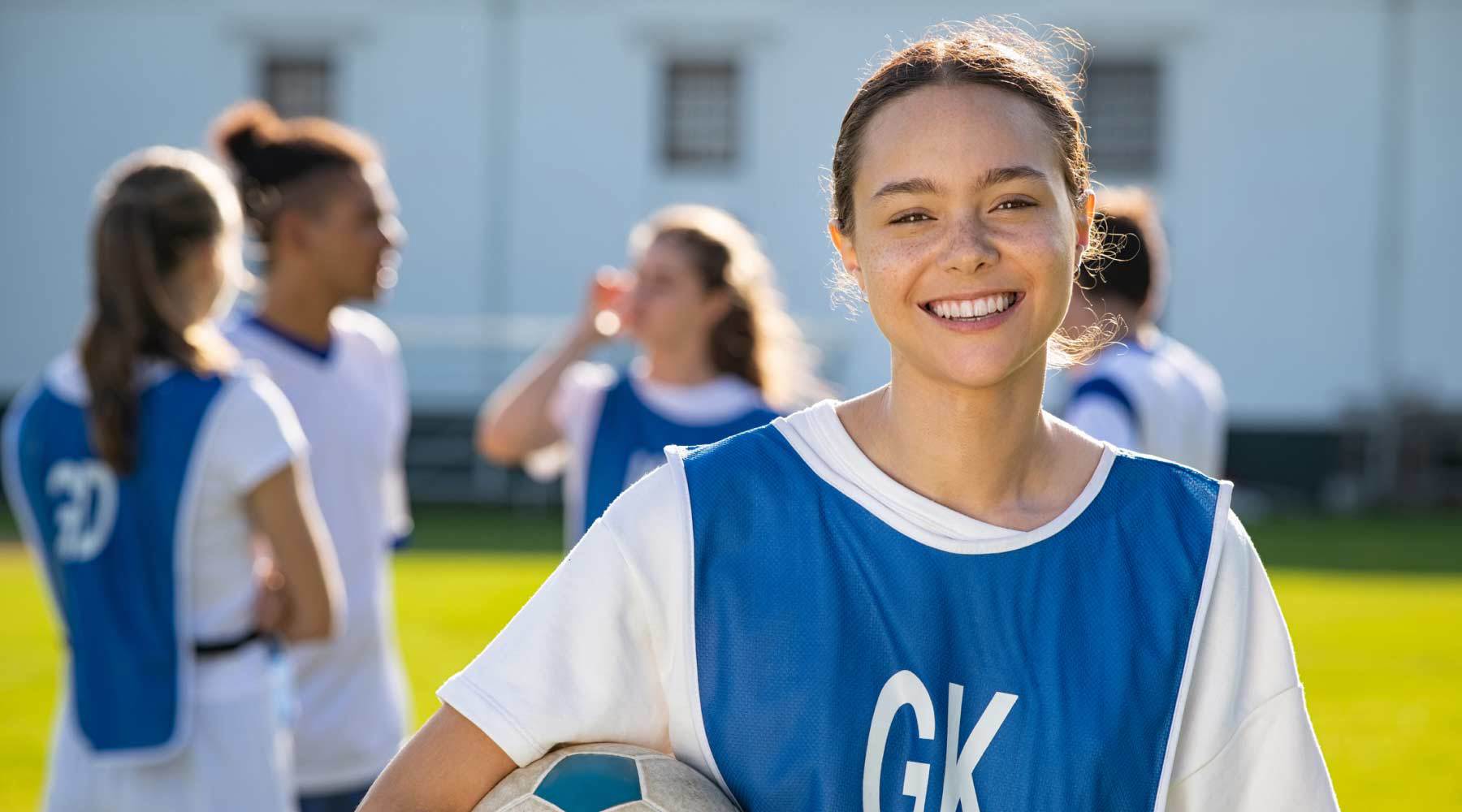 EXETER, NH – Concussion detection strategies are expanding with new and easy to use technologies. A new study suggests simple vision test using a stopwatch and flashcards can help parents and coaches screen young athletes for concussions.
EXETER, NH – Concussion detection strategies are expanding with new and easy to use technologies. A new study suggests simple vision test using a stopwatch and flashcards can help parents and coaches screen young athletes for concussions.
The exam, called the King-Devick test, requires speed reading numbers on a card from left to right as quickly as possible. The numbers are arranged in patterns that are harder to read after injury, which makes the answers slower and less accurate. The study tested 243 youth league hockey and lacrosse players ages 5-17, and nearly 90 college athletes, to see how quickly and accurately they could read the numbers on the cards. Later in the season, they tested 12 of the athletes again who had a concussion. The athletes’ average time on the test was 5.2 seconds slower than before their concussion.
At Access Sports Medicine & Orthopaedics, Dr. Kevin Heaton already implements the ImPACT neurocognitive test into his concussion management program, which is a 30-minute online exam that measures player’s symptoms, verbal and visual memory, processing speed and reaction time, and is able to assist clinicians and athletic trainers in making return-to-play decisions. But Dr. Heaton says this simple vision test certainly does have both advantages and limitations over traditional methods of diagnosing concussions.
“Some of the limitations include this test requires a baseline for comparison, which can be time consuming to obtain. Some advantages are its ease of use and rapid administration, even on the sidelines. This technology is another interesting step in concussion management and hopefully an advance towards increased safety,” said Dr. Heaton.
For more information on the King-Devick test, click here. For more information about Access’ concussion management program, visit www.accesssportsmed.com.


